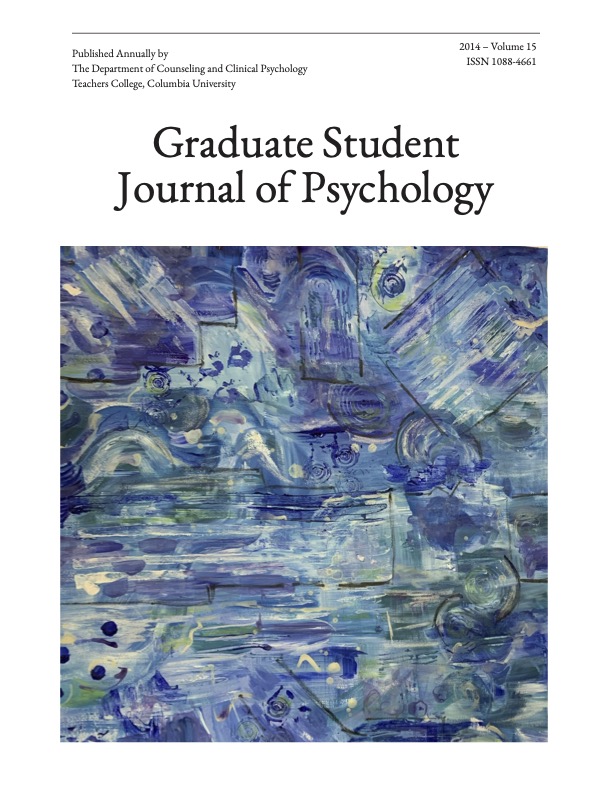The Mental Health Needs of Unaccompanied Immigrant Children: Lawyers' Role as a Conduit to Services
Main Article Content
Abstract
Unaccompanied immigrant children are a highly vulnerable population, but research into their mental health and psychosocial context remains limited. This study elicited lawyers’ perceptions of the mental health needs of unaccompanied children in U.S. deportation proceedings and their mental health referral practices with this population. A convenience sample of 26 lawyers who work with unaccompanied children completed a semi-structured, online survey. Lawyers surveyed frequently had mental health concerns about their unaccompanied child clients, used clinical and lay terminology to describe symptoms, referred for both expert testimony and treatment purposes, frequently encountered barriers to accessing appropriate services, and expressed interest in mental health training. The results of this study suggest a complex intersection between the legal and mental health needs of unaccompanied children, and the need for further research and improved service provision in support of their wellbeing.
Article Details
Section
Articles

This work is licensed under a Creative Commons Attribution-NonCommercial 4.0 International License.
How to Cite
Baily, C. D. R., Henderson, S. W., Taub, A. R., O’Shea, G., Einhorn, H., & Verdeli, H. (2014). The Mental Health Needs of Unaccompanied Immigrant Children: Lawyers’ Role as a Conduit to Services. Graduate Student Journal of Psychology, 15, 3–17. https://doi.org/10.52214/gsjp.v15i.10887

